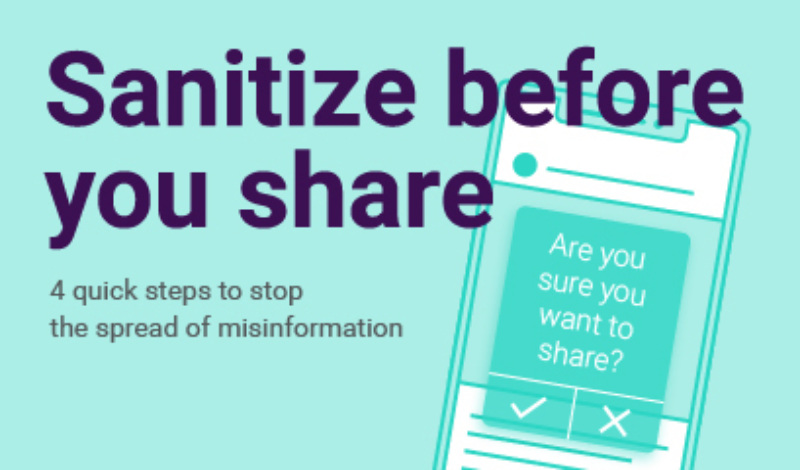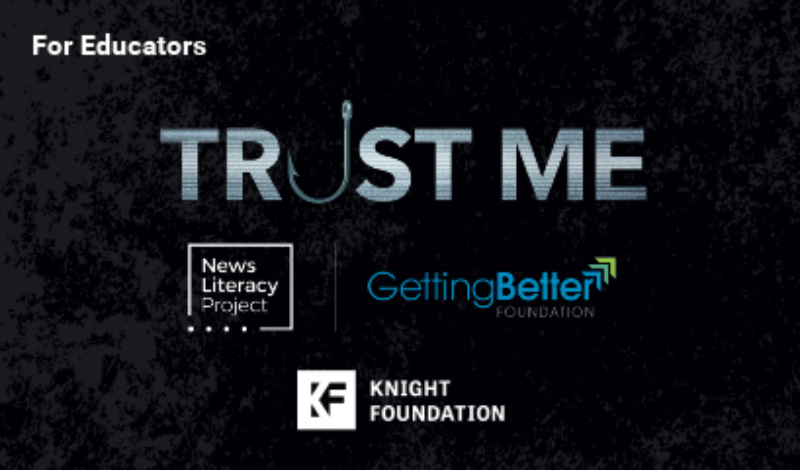
Fighting falsehoods on social media
Quiz: How much do you know about social media platforms’ misinformation policies?
When a news event or a significant issue grabs hold of the public’s attention, it’s human nature for us to want to get our hands on as much information as we can as fast as we can. It’s also human nature to act on an impulse to share that information with friends, family and the wider community in an effort to keep people safe from harm.
Unfortunately, large breaking news events — especially those connected to controversial, frightening and complex subjects, like the current COVID-19 pandemic — tend to generate a spike in viral rumors. These stories, anecdotes, ads and memes pass quickly from one person to the next, often with little regard to whether the content is true. Some elements may be accurate, but much is simply a form of digital rumor — half-truths, doctored videos and images, or complete fabrications.
They typically appeal to our emotions, provoking anger, fear, curiosity or hope and overriding our rational minds and critical-thinking skills. When we have an immediate strong response to a piece of content online, our impulse is to take action: to “like” it, to share it immediately, to express whatever we’re feeling about it. Because of that impulse, and because Twitter, Facebook, Instagram, YouTube and other platforms effortlessly connect us to thousands of people (many of whom we’ve never even met), this content spreads rapidly across social media — even from one platform to another.
So think of these rumors like an actual virus. Mike Baker, a New York Times reporter in Seattle, has been tweeting weekly about the exponential increase in confirmed COVID-19 cases in the United States. A “like,” share or retweet of false or unverified content on social media spreads the same way — and the numbers are considerably larger.
Quiz: How much do you know about social media platforms’ misinformation policies?


The best way for you to help reduce misinformation online is to avoid sharing it.


Misinformation swirling around the COVID-19 pandemic underscores the importance of consuming and sharing online content with care.


Test your ability to determine whether this information about COVID-19 is news or opinion.


This is a guide for educators to use with the feature-length documentary “TRUST ME."



